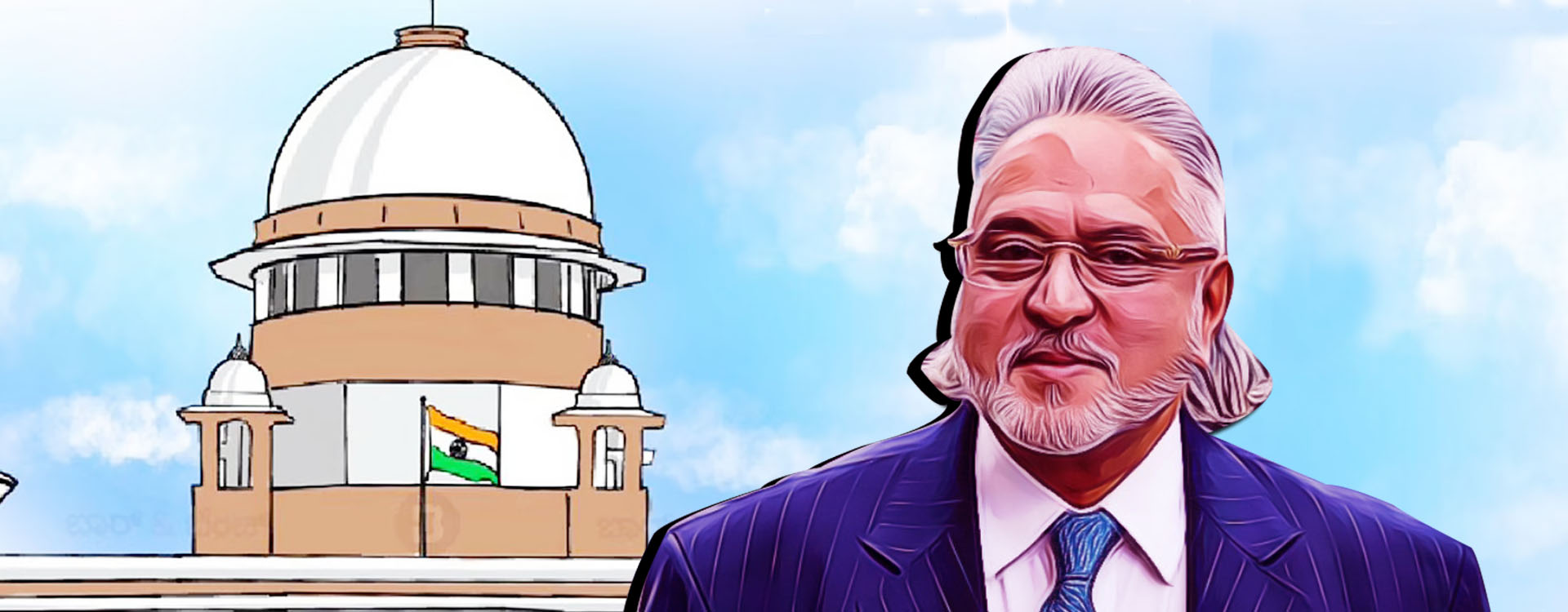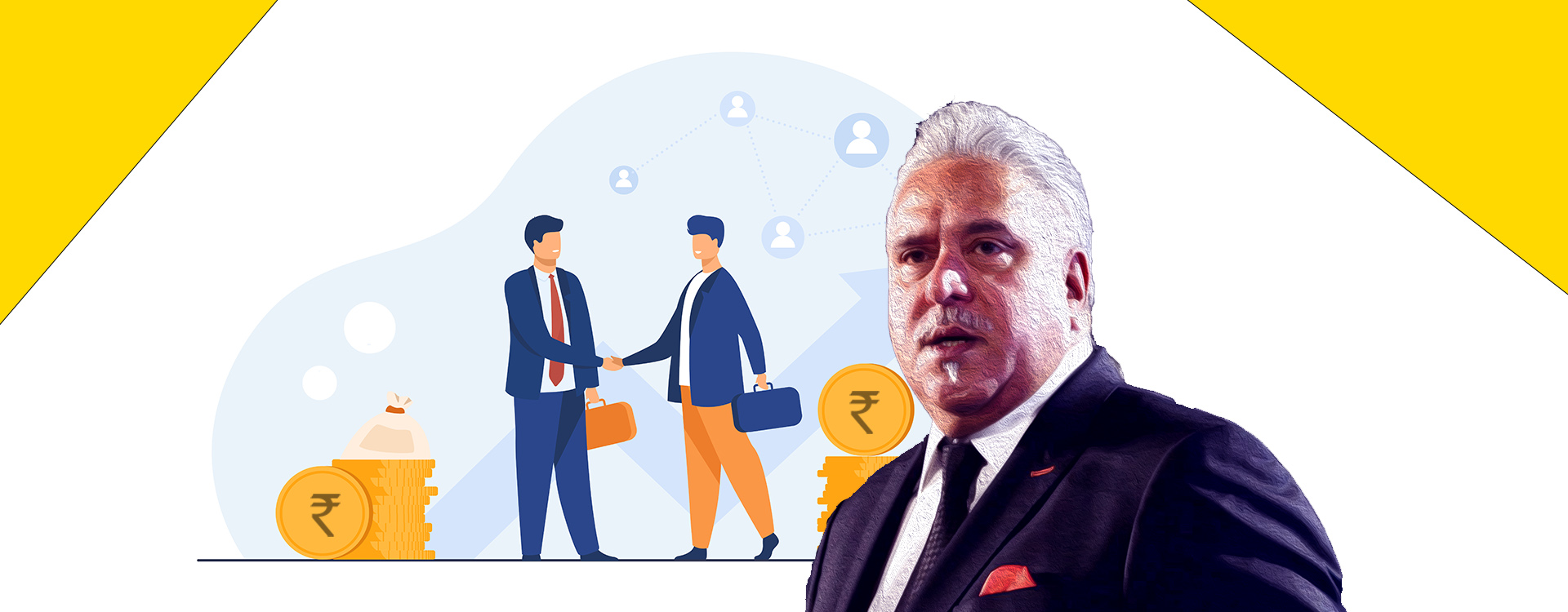Vijay Mallya, the son of former the Chairman of United Breweries Group Vittal Mallya, is an Indian businessman and late Member of Parliament (Rajya Sabha). Mallya is the former owner of the IPL team Royal Challengers Bangalore.
Born with a silver spoon in a business family, he followed his father and became the chairman of United Spirits, the largest spirits company in India, and continues to serve as chairman of United Breweries Group. This Indian conglomerate has interests in beverage alcohol, aviation infrastructure, real estate and fertilizer industries.
Dubbed as ‘the King of Good Times’ by tabloids and media globally, Mallya led (and continues to lead) a lavish life. He introduced the ‘beer and bar culture’ in India in the 2000s with his brand of Kingfisher. Kingfisher was created with much higher expectations and was aimed at the swish set of the Indian population.
Vijay Mallya – the King of Good Times
The liquor baron that Mallya became in the years following Kingfisher’s introduction in the Indian markets led many to view him as India’s Richard Branson. He branded and marketed a hitherto tabooed issue of liquor with ‘models and calendar girls’. The message of drinking for having a good time made him into that of a colourful billionaire. And colourful he was as his pompous parties gathered A-list celebrities in his Bombay and Goa penthouses.
As his liquor brand gained massive success, he widened his portfolio. And in 2005, he ventured into the airline industry with Kingfisher Airlines. He brought the experience of Kingfisher beer to the airlines, as his video message welcomed passengers over the aircraft’s in-flight entertainment system.
‘‘
Putting money just on the face of a glamorous mogul and their air castles lead to the avalanche that Vijay Mallya's Kingfisher Airlines suffered.
But what happened to Vijay Mallya and his brand is hidden from no one.
Yet, even as Kingfisher Airlines proved to be Vijay Mallya’s failure, there are some key economics lessons to be absorbed from the stumbles of this once high profile liquor baron.
Don’t venture into uncharted territory without experts on board
Vijay Mallya ran a successful group of companies before founding Kingfisher Airlines. But he had no experience in the extremely tricky airline industry. Because of poor strategy, Kingfisher’s lenders and shareholders paid for the heavy losses. The lesson here is that investors should not be tempted by attractive assets, core holdings, new derivatives and other foreign financial products alone. They should invest in tangible projects rather than in speculative “dream” projects.
The vicious cycle of the debt trap
While Kingfisher Airlines was severely underperforming, Mallya continued to spend a lot of money in efforts to maintain the high-end airlines’ operations. He took a bunch of money from the banks to help the sinking airline. The banks also ignored Kingfisher’s growing losses and continued to sanction loans. This overleveraging took Mallya down in a significant blow. Kingfisher accumulated losses of Rs 4,301 crore and, as of March 2021, owes over Rs 9,000 crore to a string of Indian banks.
Check performance and change the trajectory
Even though everyone comprehended it, Mallya denied acknowledging the obvious, let alone made any efforts to make amends. He continued to deny Kingfisher Airlines’s critical situations and portrayed a false image to investors. To avoid being prey to such mega-scandals, investors should regularly review the services of the businesses they have invested in and take corrective action if necessary.
Financial investments should be strategic rather than heartfelt
Any new industry is hazardous and often a weapon of large-scale destruction of wealth if it is explored unguided. Ordinary investors should stick to investment options like PPFs, time deposits, and mutual funds. Putting money just on the face of a glamorous mogul and their air castles lead to the avalanche that Mallya’s Kingfisher suffered.
Unmerited pride harms a business’ future
Pride played a crucial role in Mallya’s downfall. It was only because of his other ventures’ good performance that Mallya was convinced his Kingfisher Airlines would also be successful. Investors and stockholders should not rely too much on pride-driven revenue streams and weigh their options before putting in the money. Overconfidence and too starry of an image lead people to invest in capital directly rather than participating in a business’s services, and that is precisely what should be avoided.





